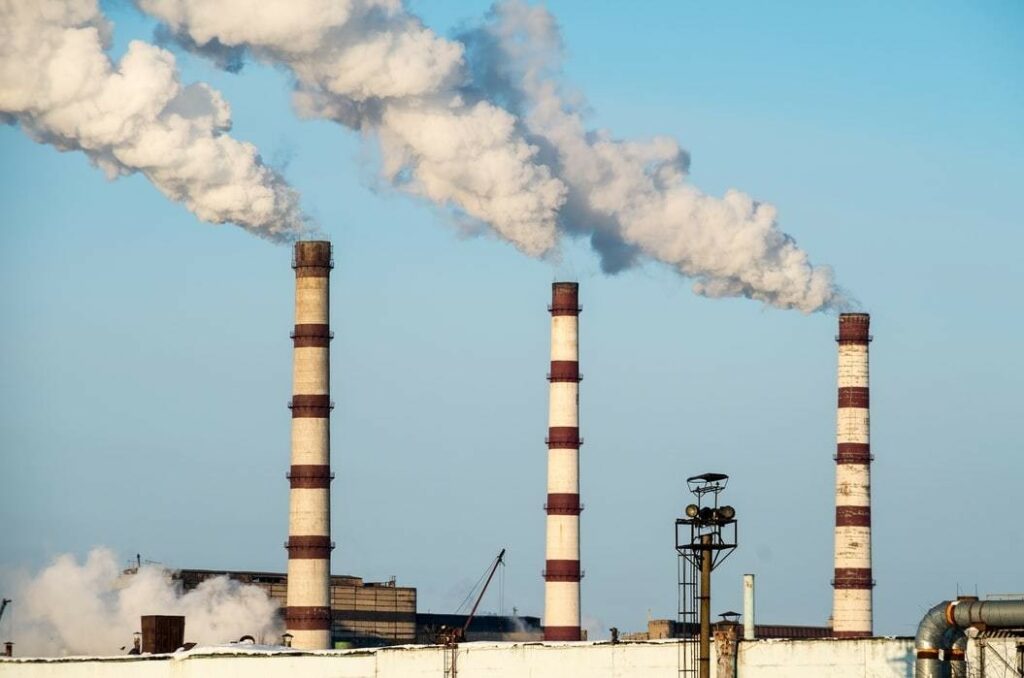This week’s entry in our ECS series comes from a group of Norwegian scientists and statisticians led by Prof. Magne Aldrin of the Department of Mathematics at the University of Norway. Their paper wins the prize for the longest title so far: “Bayesian estimation of climate sensitivity based on a simple climate model fitted to observations of hemispheric temperatures and global ocean heat content.” But what it lacks in brevity it makes up for in specifying exactly what the paper is about. And if you have followed our discussion so far you can guess what the analysis does: it gathers up all the temperature data they can find, gets estimates of greenhouse gas levels and other important climate variables, then estimates a model that lets its creators predict how much warming would happen from doubling the level of CO2 in the atmosphere. The answer in their main analysis, using the best-known ocean heat content data series, is 2.0°C. But if they use other ocean heat content data it drops even lower. It’s certainly not up where most alarmists claim, or assume, it to be.
The Aldrin et al. paper opens by zeroing in on the main issue:
“A key question in the climate change literature is as follows: How does the earth’s global temperature depend on the concentration of CO2 and other greenhouse gases in the atmosphere? This dependency is often quantified by the climate sensitivity, which includes the climate feedbacks in the earth atmosphere system. The climate sensitivity is defined as the equilibrium temperature increase because of a doubling of CO2 concentration in the atmosphere.”
To estimate it they use this famous “Bayesian estimation”. Well, famous among statisticians. The method works by starting with a range of guesses at the right coefficient value, then lets actual data narrow the range in a direction that best fits observed facts.
One potential danger is that the answer is constrained by how good the initial range of guesses was. To avoid biasing the outcome Aldrin and his coauthors use a very naïve guess, as if we know almost nothing about the matter, that ECS could be anywhere from 0 to 20°C. Fitting the available data to their climate model whittles that down to a range of 1.1 to 4.3°C, with a best estimate of 2.0°C.
Of course another danger is that the answer is constrained by how good the data is. And in this case their longest temperature data series ran from 1850 to 2007, though part of their model relies on the measured ocean heat content for which, in their main analysis, they used a well-known series called the Levitus data which only starts in 1955. But they were also able to get two other sets of ocean heat content data, one starting in 1950 and the other in 1945, and when they used them instead their ECS best estimate dropped to between 1.4C and 1.7C. They also checked other ways of estimating their model, first by estimating climate feedbacks instead of ECS itself (which dropped ECS even further) or by including estimates of cloud feedback effects (which boosted the ECS estimate).
The science here is not, um, settled. Not even within this paper, let alone across the whole discipline. But going back to these authors’ main estimation, it once again shows that observed warming over the past century or more is consistent with an ECS of around 2.0 degrees or less, and that means we are not in for a climate emergency and that no kind of major policy response to any warming that is happening or plausibly might is worth the cost.



You forget to mention the most important danger: that there may be a correlation, but no actual causal relationship. Like with the infamous 'more people get attacked by sharks when more ice creams are being sold'.
The entire climate system is so complex that the effect of additional CO2 on the temperature could be truly 0 (or even negative), even while acknowledging that it is fundamentally a 'greenhouse gas'. All of these ECS calculations assume that CO2 is the cause of at least a part of the cause of the observed warming. But that could be similar to saying 'ice creams make people taste better, hence the shark attacks'. Both may sound plausible, but both may be completely wrong.